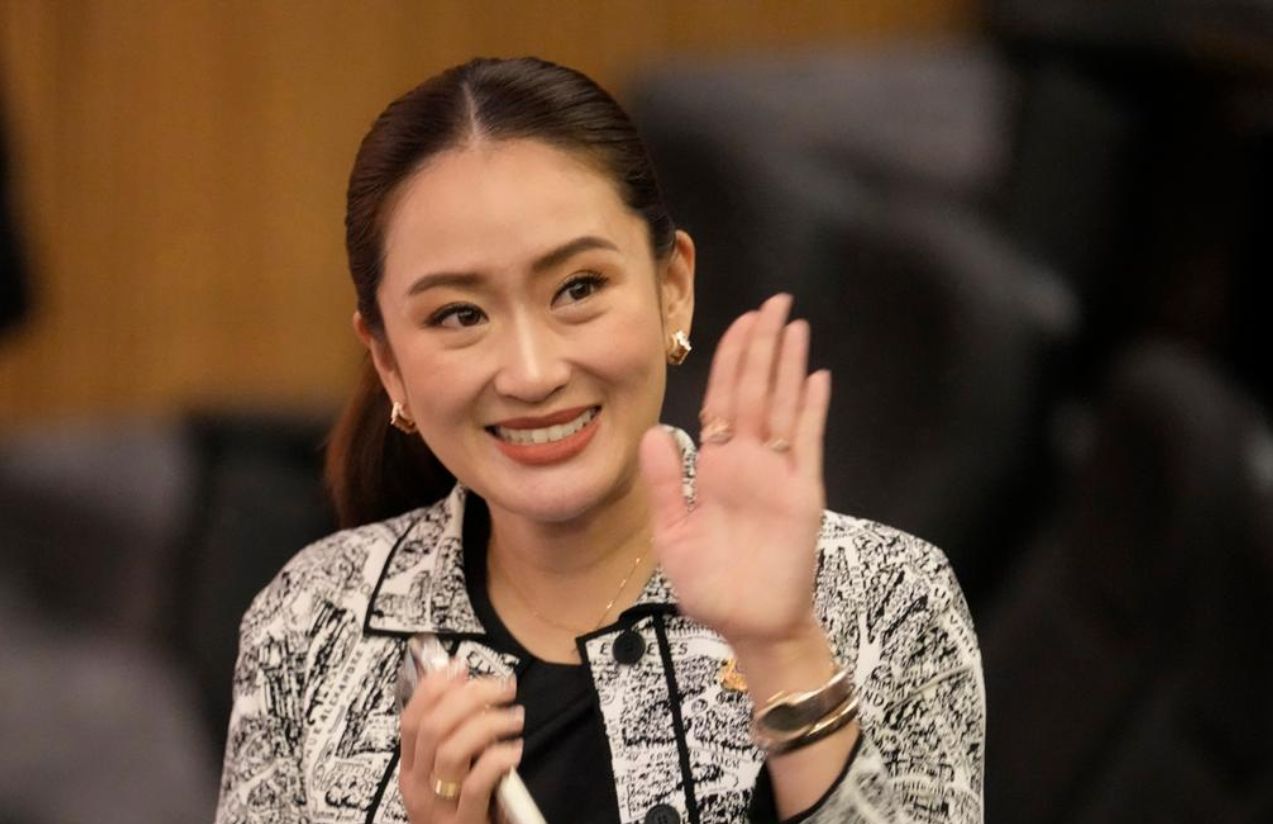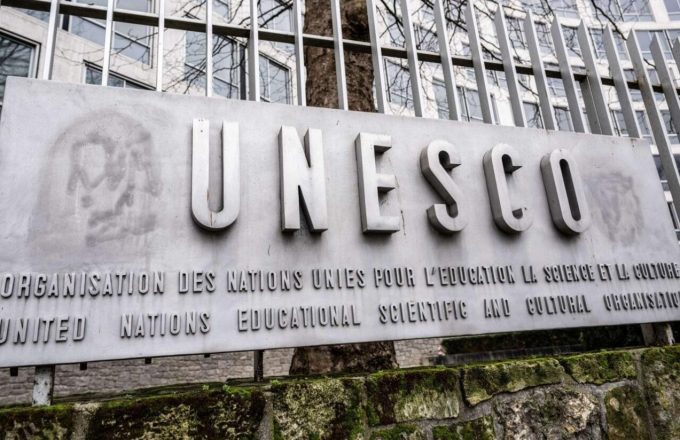On Tuesday, July 1, Thailand’s Constitutional Court temporarily suspended Prime Minister Paetongtarn Shinawatra after accepting a petition from 36 senators who accused her of violating ethical standards during a leaked phone conversation.
The controversy centers around a call with former Cambodian Senate President Hun Sen, in which Paetongtarn Shinawatra referred to him as “uncle” and publicly criticized a Thai military commander. The tone of the conversation was considered unpatriotic and overly conciliatory, leading a key coalition partner to withdraw support and sparking a wave of protests in Bangkok.

Why was the Prime Minister suspended?
Because the leaked call revealed possible ethical breaches: she was accused of showing excessive deference toward Hun Sen and of disparaging her own military, actions that, according to the senators and the court, may violate the Constitution and standards of conduct required of her office.
During the suspension period, which can last up to 15 days, Deputy Prime Minister Suriya Juangroongruangkit will act as interim leader of the government. Paetongtarn Shinawatra, 38, and daughter of former Prime Minister Thaksin Shinawatra, defended her remarks as a “negotiation tactic” to avoid a border conflict with Cambodia. She apologized but maintained that she had no bad intentions.
Although her approval rating dropped to 9.2% in June, her suspension reignites political instability in the country, where large anti-government protests have recently taken place.




















